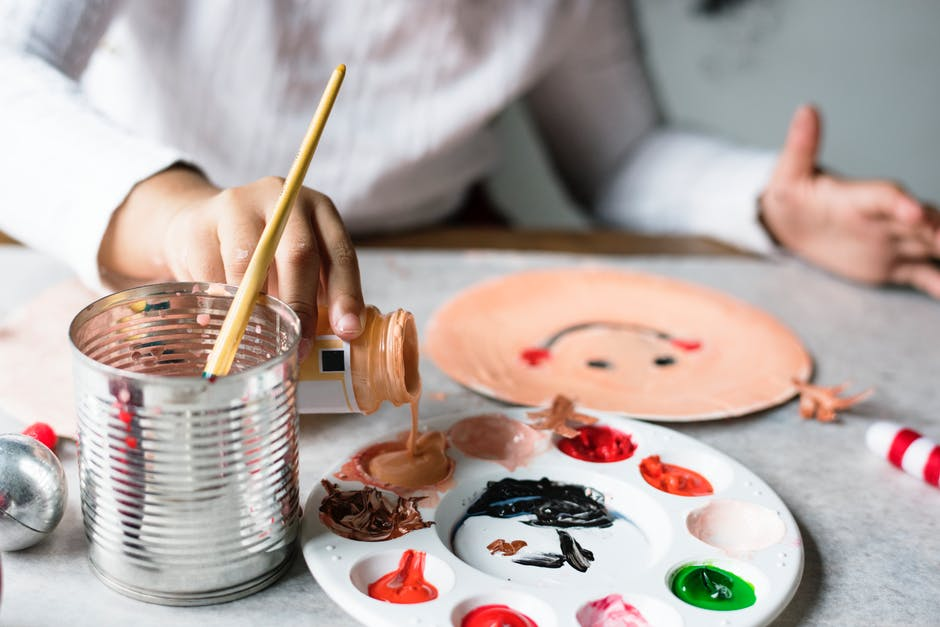This is a collaborative post and does not necessarily represent the views, feelings or options of The Autism Dad Blog or its author.
If this blog has taught you anything, it’s hopefully that any parental challenge and struggle can be overcome with careful, patient, loving and consistent effort for your children. It is possible to intimately know your child and developing a blossoming and loving relationship with them no matter what. In order to achieve this, you may need to undertake certain roles. From carer to guide to protector, all of these contribute to the normal development of any child, no matter who they are. Children are a mixed bag. They are born with a certain amount of personality. They are also born with a certain amount of universal attribute.
What do we mean by this? Well, childhood can often be beset with fears and strangeness. Learning to be a child can be difficult, and some have more challenges than others. However, this ‘protector’ role we previously mentioned, applied correctly to the circumstances, can help them move past them small worries, anxieties, and fears. The following guides should help you move past these woes if they have arisen in your household.
Night
Most children are afraid of the dark to a degree. The dark often represents the unknown, the unexplored, the strange. This leads children’s already overactive imagination to become quite active. They can easily draw up many worrying conclusions that make them uneasy. For this reason, making sure their night-times are a little more comfortable can be worthwhile. Purchasing a nightlight for the bedroom and the hallway to your room can be a safe guiding passage of light for them to use or at least see when they need to.
Organizing bedroom furniture so they are not towered over by a wardrobe or furniture item can also worth well, as well as trying to limit strange shadows, lights from electronics or other things can be misinterpreted at night. This isn’t particularly sheltering them unjustly, just removing the stimulus for them to think the worst. A comfortable, warmly and dimly lit room with a security blanket or toy can work wonders in helping your child fall asleep, as can allowing them to keep their bedroom door ajar or even open during the night.
Medical
All children need to see medical staff at some point in time. From doctors to pediatricians to dentists to specialists, helping them thrive often means bringing in professional help. The thing is that despite these faculties offering children’s toys, their clinical nature is often hard to ignore, as is the invasive personal space break and conversation a medical professional is often likely to mean. For this reason, discerning the best medical staff to use can work well. If you can, choose your Doctor on both how good they are and how well your child responds to them. This can even go for specialist pediatricians and especially urgent dental services.
Not only can this help, but so can framing the entire visit positively. Go for ice cream or another treat after the checkup, or simply frame the morning well, with love and positivity. Compliment your child on their willingness to go there. Make sure they have room to feel pride in their efforts of experiencing something new. Children thrive with this form of support, and it allows them to experience something new. Also, let them be nervous. Sometimes learning they can do something is the best way for them to internalize it.
With these tips, you might find that these two perceived threats are a little more easy for your child to handle.



